A Low-Budget Ratpocalypse – The Underrated NYC Horror Movie ‘Mulberry Street’
Apocalyptic infection flicks rarely show the initial chaos of their respective outbreaks. In fact, most zombie movies tend to skip over the downfall of civilization entirely, focusing on what happens after society has already collapsed. And even when these stories dare to take place during the immediate aftermath of a global crisis, most filmmakers (like George A. Romero in his seminal Night of the Living Dead) prefer to place their main characters in isolated locations where they’re only shown brief snippets of how the rest of the world is dealing with the calamity.
Obviously, there’s a simple explanation for this. Large scale stories need large scale production budgets and few studios are willing to bet that amount of money on a gory genre flick. Even World War Z had to be tragically neutered in order to justify its blockbuster financing, and indie filmmakers can’t exactly pay out of pocket to afford the special effects necessary to convey a global disaster.
Fortunately, there are exceptions to every rule, and every now and then ambitious filmmakers attempt to tackle large stories despite a lack of resources, with some of them succeeding precisely because of their down-to-earth approach to the downfall of civilization. One of my personal favorites of these low budget apocalypses is Jim Mickle’s tragically underseen Mulberry Street, a unique little infection movie from 2006 that revamps a familiar premise to make a statement about gentrification in New York.
While he’s now mostly known for his work on Stakeland and the Netflix comic-book adaptation Sweet Tooth, Mickle was once a freelancing film student who found himself working on amateur productions until he met future collaborator Nick Damici. Hitting it off with the writer/actor due to their shared love of genre movies, the duo decided to team up for a minimalist zombie film that would harken back to the manic energy and social commentary of Romero’s early work. As the scope of the project grew and the team accrued more investors, the proposed story changed into something more original.

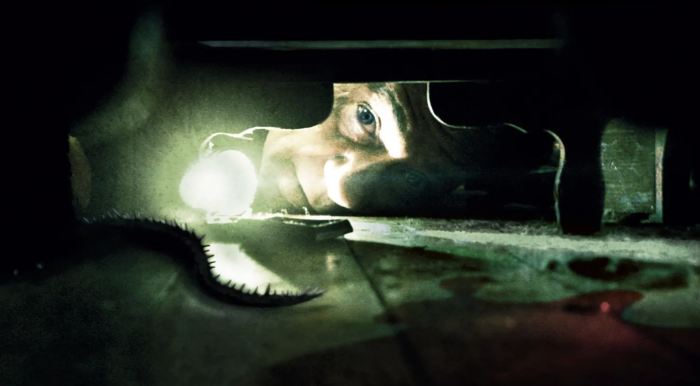
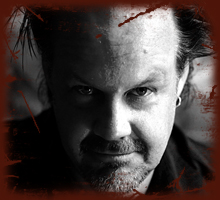

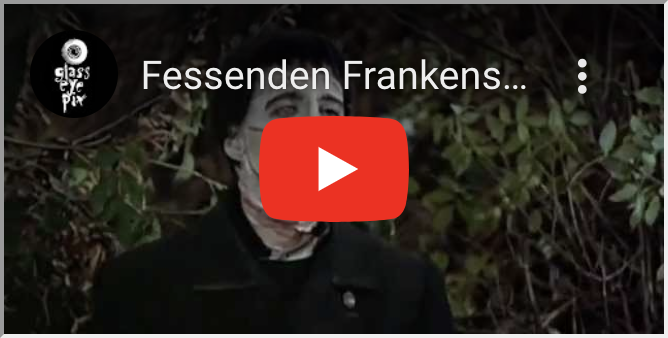



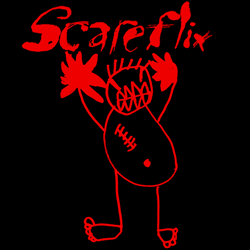

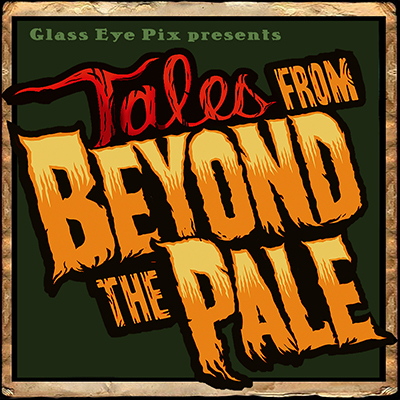
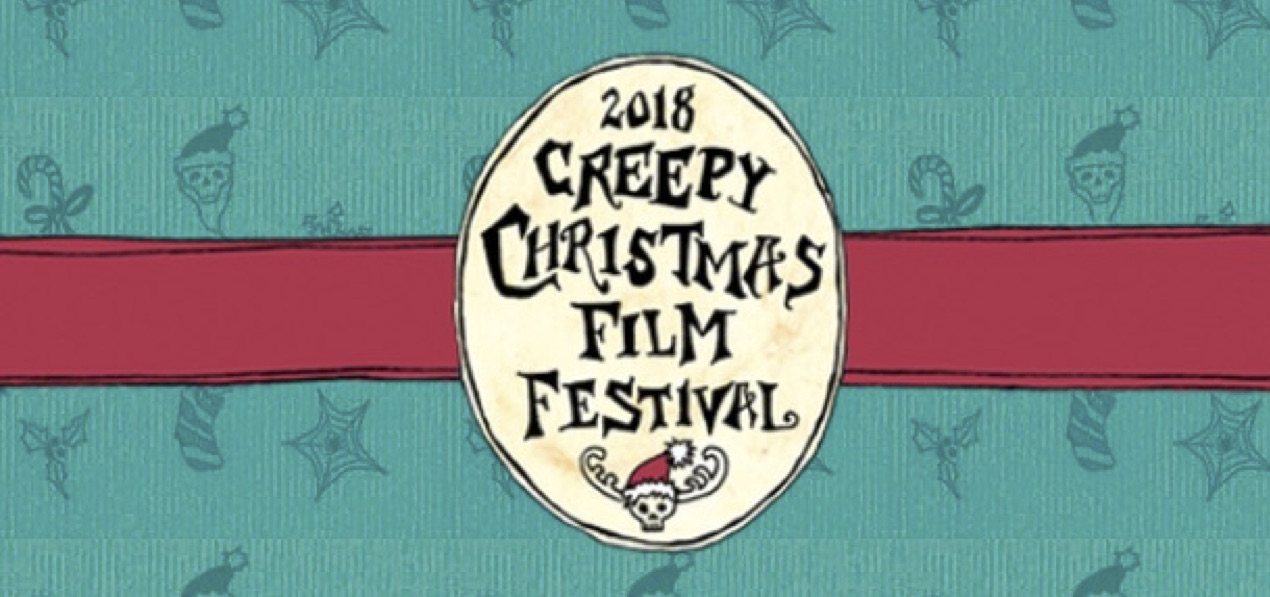
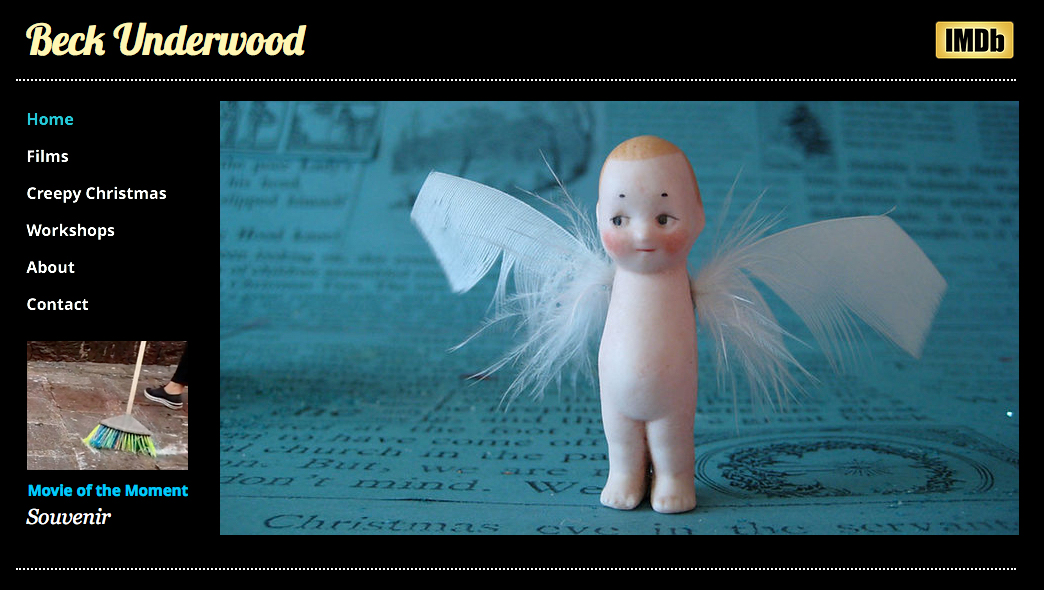






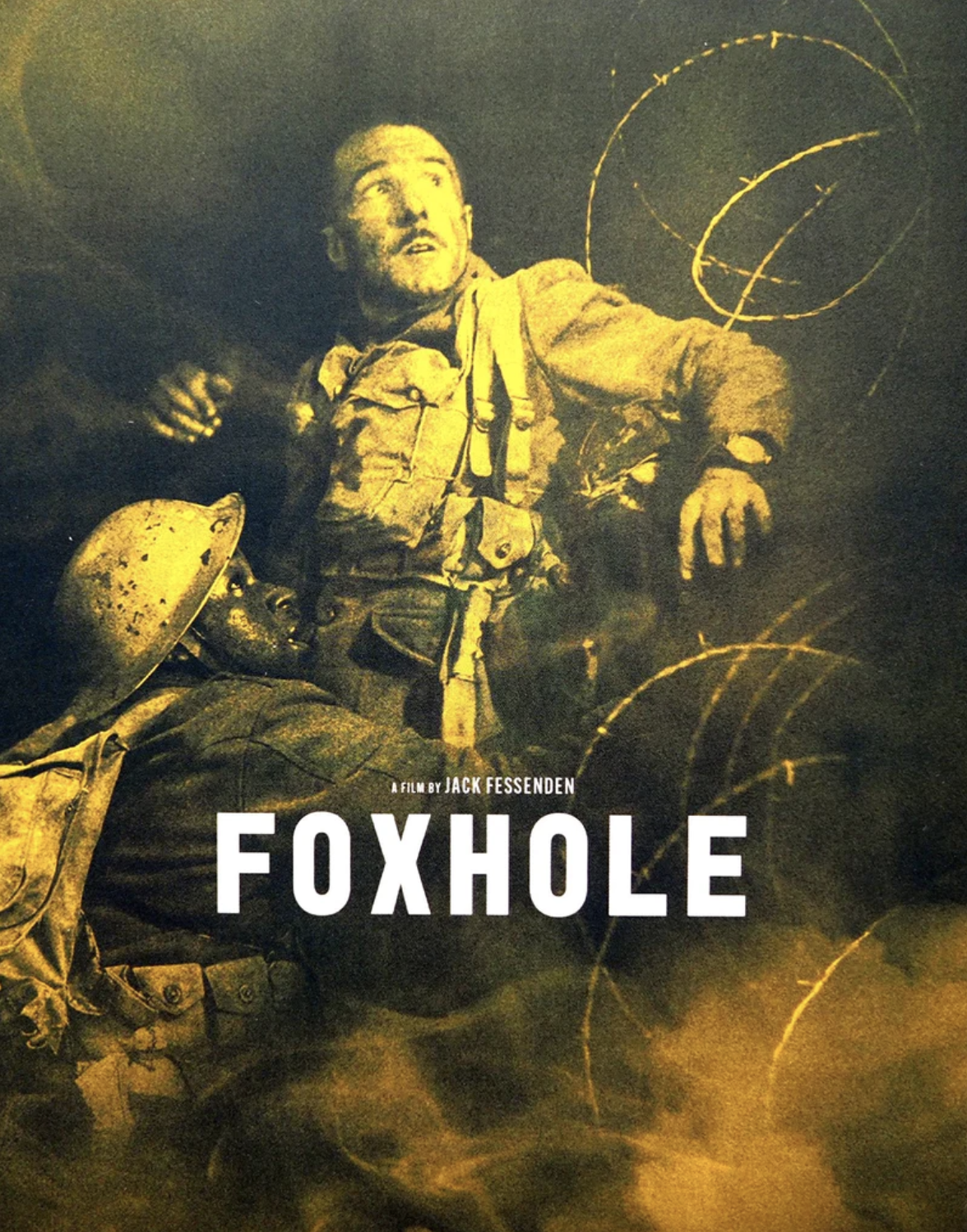
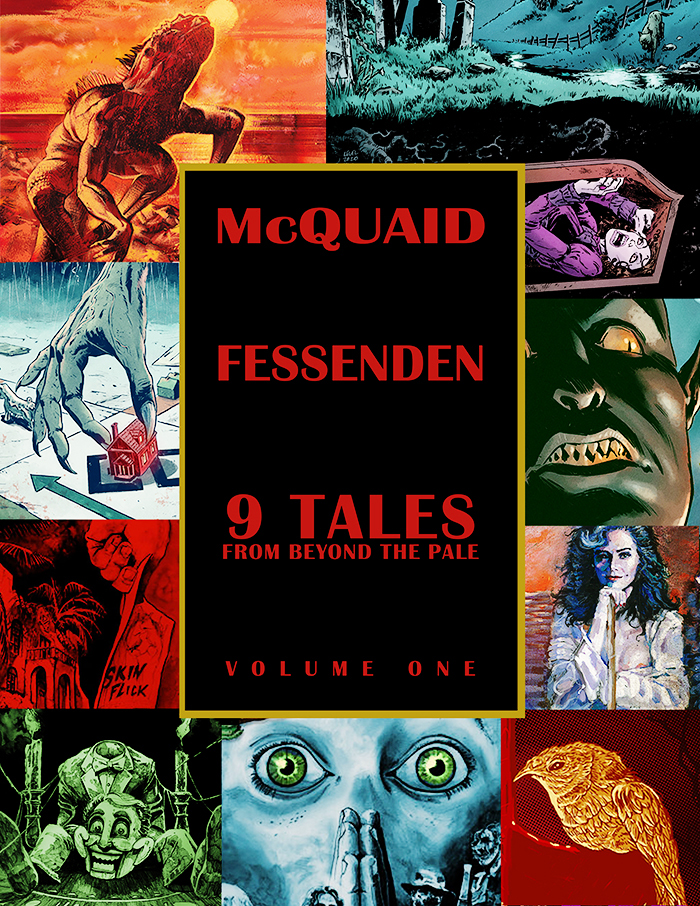
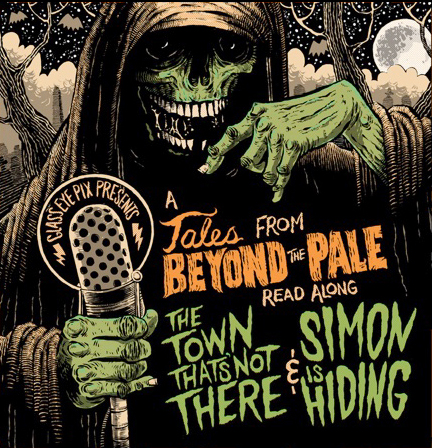
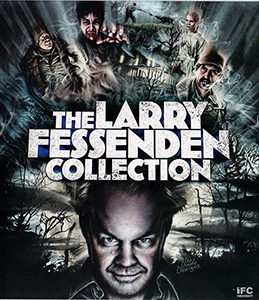
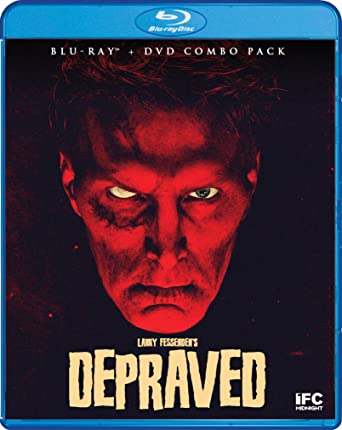
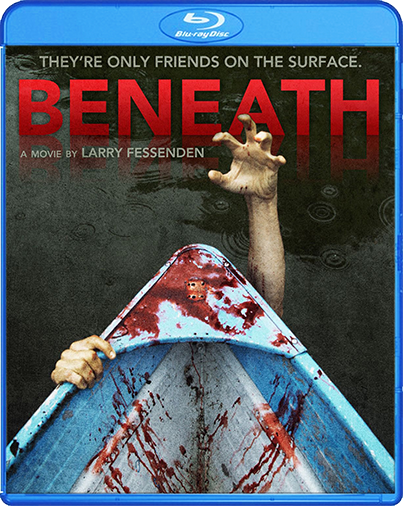
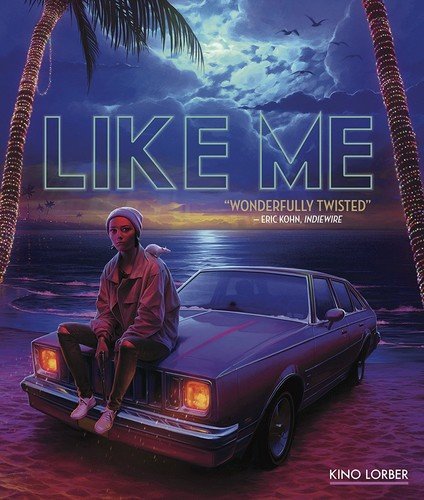
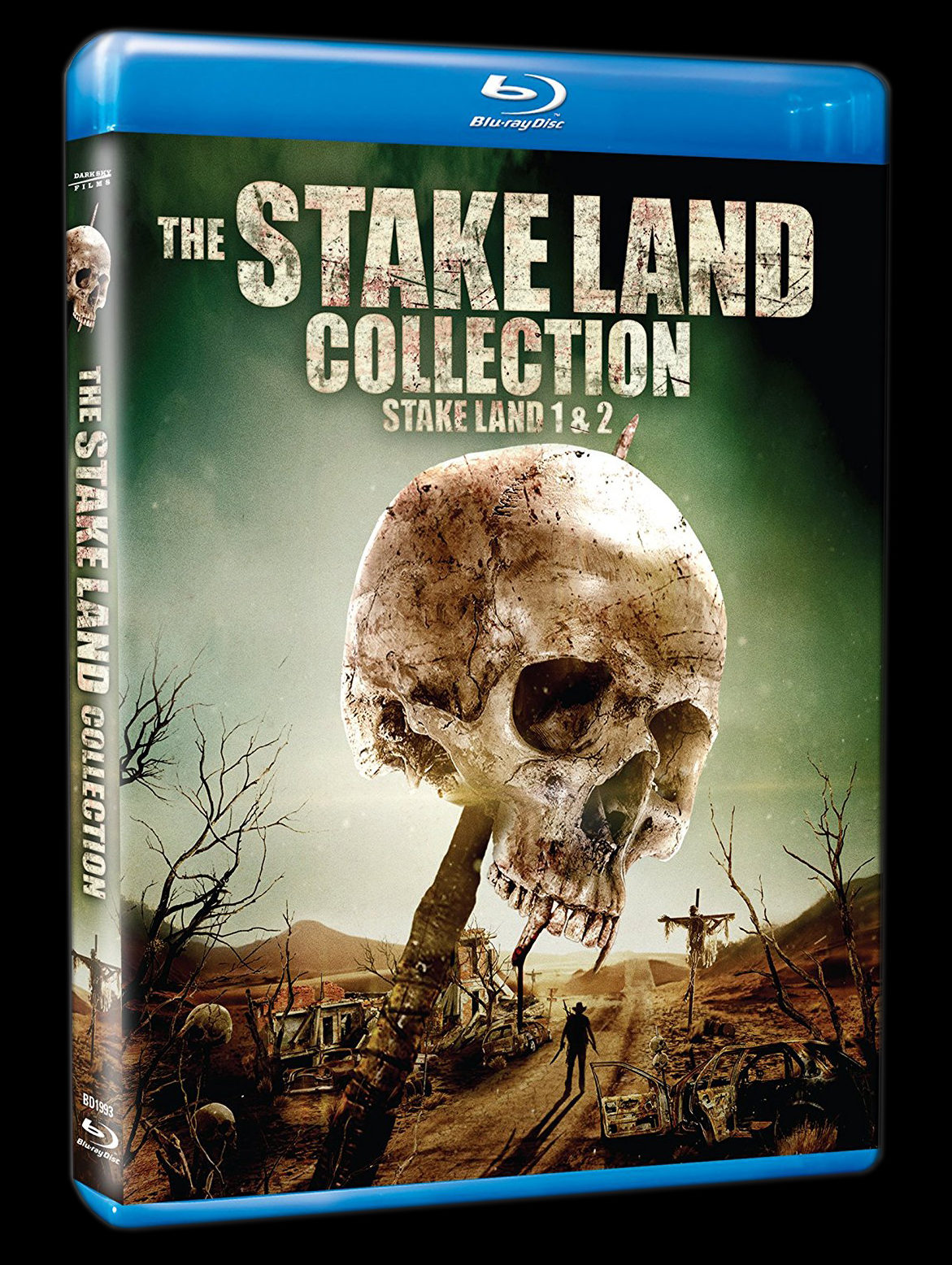
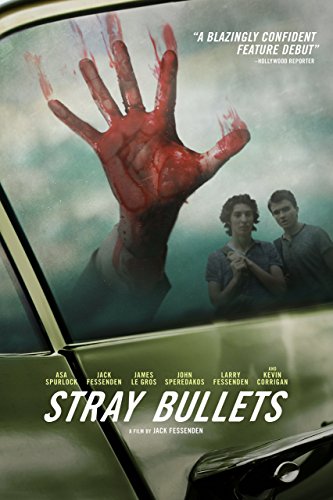
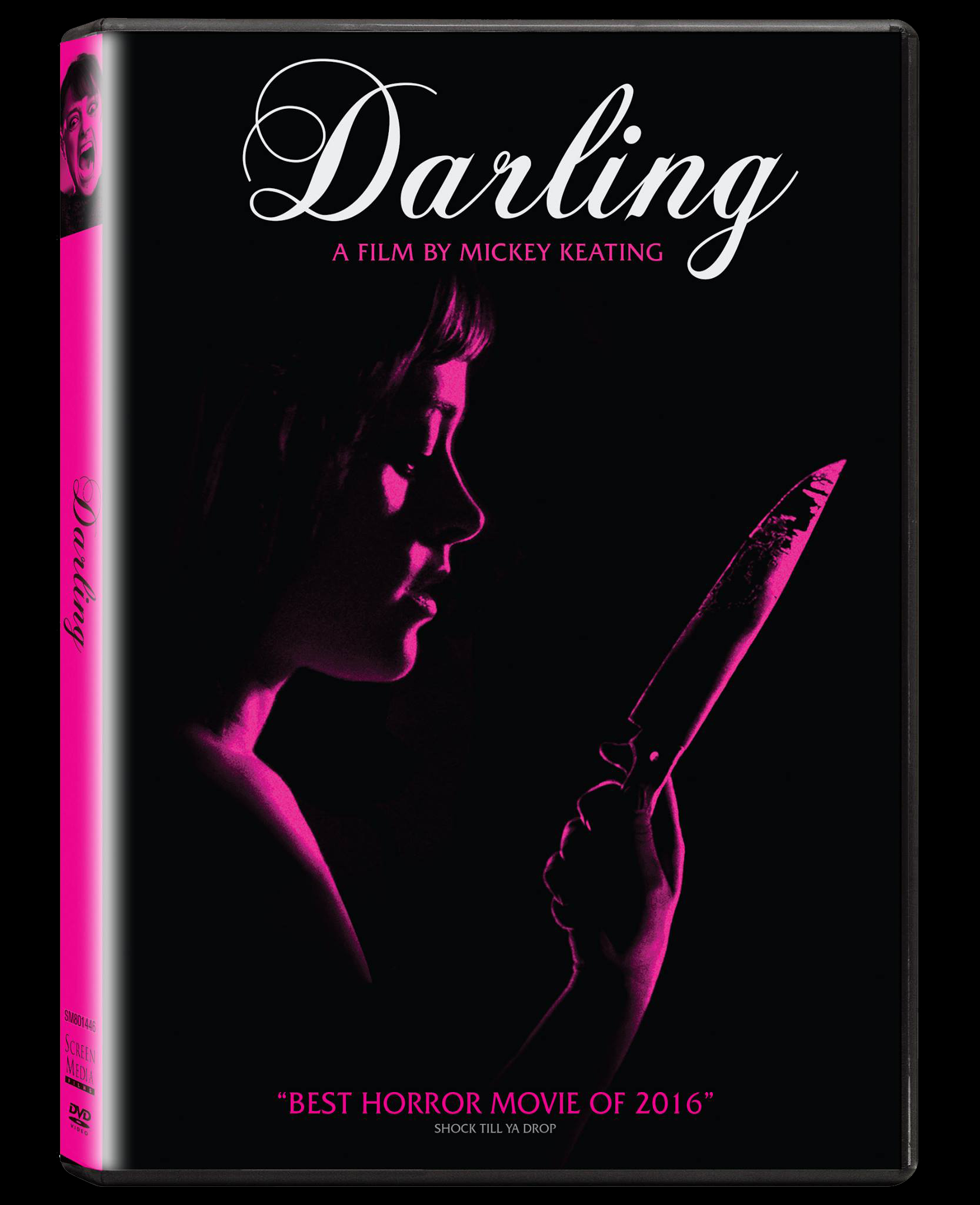
Add a comment